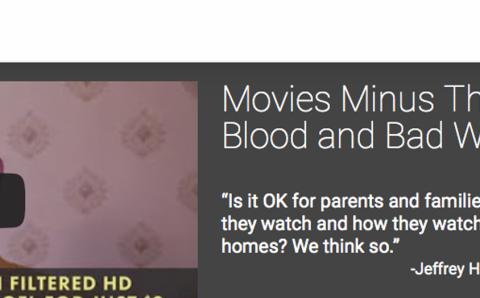In recent years we have visited South Africa several times as volunteers. Mostly we work with and attend the Uniting Reformed Church (URC), which united separate branches of the Dutch Reformed Church that existed for whites and people of color. A few years ago, we were present as the URC celebrated the 25th anniversary of its adoption of the Belhar Confession.
In ensuing discussions, we had to admit that our church, the Christian Reformed Church in North America, has chosen to establish a separate category for the Belhar instead of adopting it as a full confession. That information was usually received with a puzzled look and the question “Why?”
We struggled a great deal with this question. Although we were unofficial representatives of the CRCNA, we felt we owed our South African brothers and sisters an explanation. We felt awkward, considering their very difficult lives as blacks under the apartheid regime, with all its attendant restrictions, discriminations, and injustices—many of which people still experience daily.
So what are the correct responses? How do we engage people who live with the issues of racism and social and economic disparity in a discussion about weak theology, hidden political agendas, and slippery slopes? Claims regarding the Belhar’s length, its possible irrelevance to North American culture, or the distinguishing features of a “true confession” seem insufficient. Is it possible to be theologically and theoretically correct but relationally and practically wrong?
Historically, it appears that the institutional church has almost always been slow to speak out and act on social justice issues. The church is and always has been an establishment-oriented, conservative institution that resists change, not wanting to upset the apple cart because of the dominant cultural narrative and powers-that-be. Church leaders, including clergy, usually play it safe in order to avoid controversy and maintain support. The biblical prophets railed against the religious establishment as much as they did against the political establishment.
The church is in a tight spot. It must take into account its constituency’s assumptions, fears, lifestyles, and worldviews while confronting and challenging the same. The “Catch 22” is that, eventually, silence, avoidance, and inaction implicate the church, and even Christianity itself, as being unconcerned and unengaged, or worse, as being supporters and even perpetrators of injustice. Many have left the church, believing it to be self-absorbed and irrelevant.
In our humble opinion, it is incumbent upon individual members and church groups to courageously speak out against injustice and to advocate for change in established orders if they produce and support structural injustice. And so we call on the Christian Reformed Church to adopt the Belhar as a confession—standing alongside our brothers and sisters in South Africa.
About the Author
John and Yetty Joosse are longstanding members of Ingersoll (Ontario) Christian Reformed Church.









